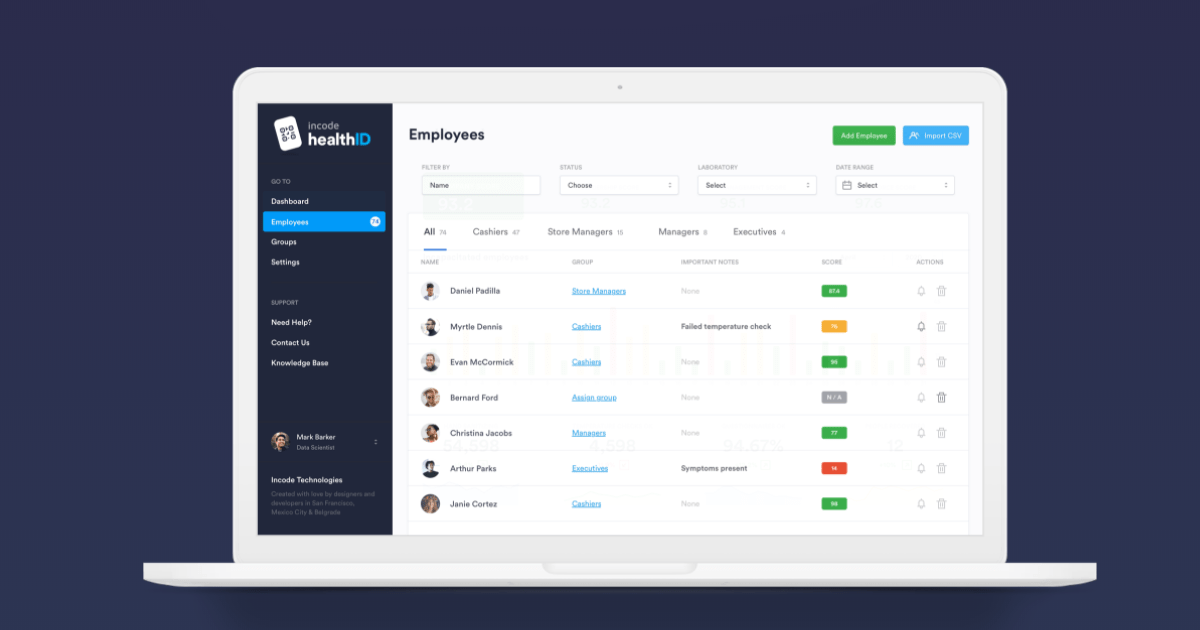On January 12, the U.S. Food and Drug Administration (FDA) shared the first action plan for medical software and devices based on artificial intelligence (AI) and machine learning (ML).
In April 2019, the FDA published the "Regulatory Framework for Modifications to Artificial Intelligence/Automated Learning as Learning-based Medical Devices - Discussion Paper and Feedback Request". It described the potential approaches of this type of technology. Through this document and other programs such as the International Medical Device Regulators Forum or the Digital Health Software Precertification (Pre-Cert) Pilot Program, it sought to build the current regulatory framework.
The FDA has received a high volume of applications for IA- and ML-based products over the past few years, and they expect the trend to continue to rise. Thus, the regulatory framework comes at a key time for medical innovation in this category of technologies. “The plan outlines a holistic approach based on total product lifecycle oversight to further the enormous potential that these technologies have to improve patient care while delivering safe and effective software functionality that improves the quality of care that patients receive. To stay current and address patient safety and improve access to these promising technologies, we anticipate that this action plan will continue to evolve over time explained Bakul Patel, director of the Center for Digital Health Excellence at the Center for Devices and Radiological Health (CDRH).

“This AI/ML-Based Software as a Medical Device Action Plan was developed in direct response to the stakeholder feedback described herein, and it builds on the Agency’s longstanding commitment to support innovative work in the regulation of medical device software and other digital health technologies,” the FDA explained the on their oficial site.
The action plan includes the following points:
- Tailored Regulatory Framework for AI/ML-based SaMD (Software as Medical Devices)
- Good Machine Learning Practice (GMLP)
- Patient-Centered Approach Incorporating Transparency to Users
- Incorporation of transparency to users
- Regulatory science methods related to algorithm bias and robustness
- Real-World Performance (RWP)
Additionally, this action plan continues the FDA's commitment to Digital Health by linking it directly to the Digital Health Center of Excellence, created in September 2020. "The goal of the Center is to empower stakeholders to advance health care by fostering responsible and high-quality digital health innovation," the statement said.
To read the full action plan, please visit: https://www.fda.gov/media/145022/download






